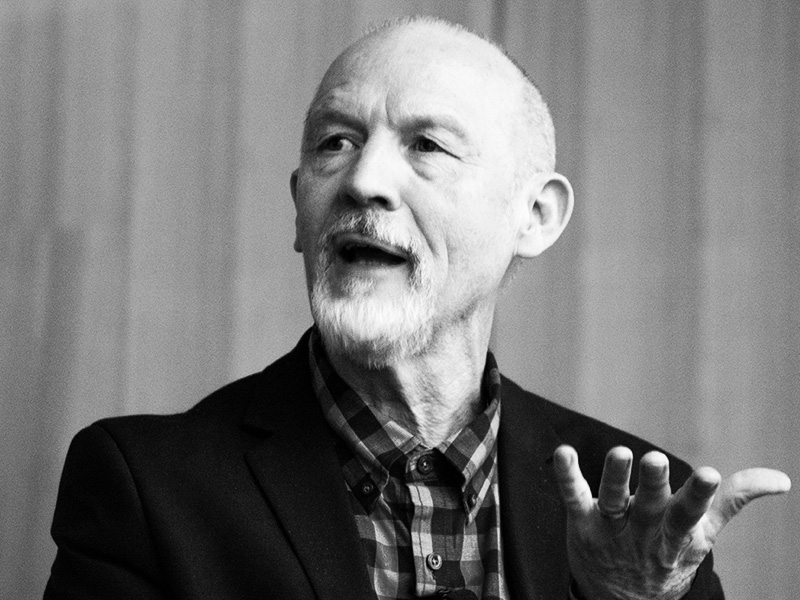Architectural Practice
By paying close attention to changing forms and formats of architectural practice, a deeper understanding of the field emerges. Far from the individual embodiment of form-giving artistry romanticized from antiquity, “the architect” of contemporary times is more likely a corporate or collaborative enterprise subject to the same sorts of divisions of expertise that govern broader interplays of capital and labor. A focus on the history and theory of architectural practice considers the dynamic social processes of profession formation by which variable notions of “the architect” emerge, take hold over time, and are transformed by diverse cultures and new technologies.
Research in this area employs analytical and interpretive strategies drawn from the humanities and social thought in order to identify, contextualize, and evaluate diverse forms of evidence that may serve as indices of ongoing developments in the political economy of building – questions of the organization design expertise, the division of architectural labor, and shifting roles and relations among clients, architects, and constructors. Among the primary concerns animating this research are the technological transformation of the profession over the past several decades as well as questions about how architectural practice and education, through traditional methods and novel technologies, both perpetuate and challenge social and cultural conventions.
Safety Net Questions - Main Office Contact Info
Questions?
Contact Us

